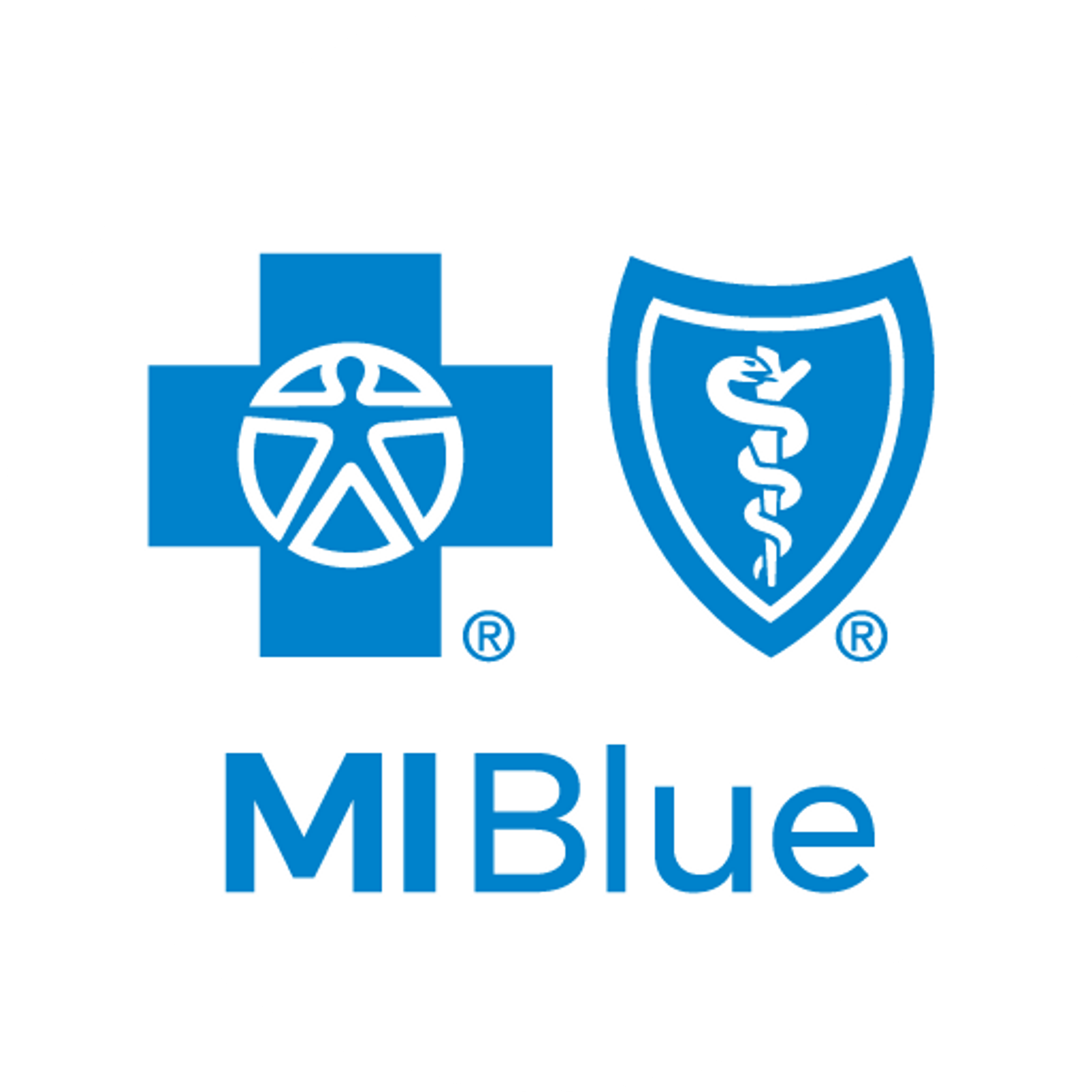Editor's note: This post was first published Jan. 28, 2020, and last updated Nov. 15, 2022.
Cases of COVID-19 continue to be identified in Michigan. This is a rapidly developing situation and information is constantly changing and being updated as officials learn more. Nov. 15, 2022 update:
- The U.S. Centers for Disease Control and Prevention advise everyone age 5 years old and up is eligible for a bivalent booster dose. Learn more here.
- The youngest Americans can get immunized against COVID, as children ages six months and up are eligible for COVID-19 vaccines.
Staying Safe and Healthy in the Pandemic
The pandemic altered daily routines for many as precautions including frequently washing hands, wearing a face covering in public places and social distancing are still recommended in places of substantial or high transmission. When traveling, it’s important to take the health of yourself and others into consideration. Though some doctor’s visits may have been postponed in the early months of the pandemic, it’s more important than ever to schedule a trip to the doctor – especially for children. Staying healthy and protected against common illnesses like the flu through vaccination is essential to reduce the burden on health care workers fighting the coronavirus. Consider getting tested for COVID-19, or learning more about the types of tests available. Symptoms
The virus that causes COVID-19 is mainly spread when the respiratory droplets from an infected person's coughs or sneezes land on the mouths and noses of people nearby and may be inhaled into the lungs. The CDC advises some COVID-19 infections can occur via airborne transmission through "exposure to virus in small droplets and particles that can linger in the air for minutes to hours," and COVID-19 spreads less commonly through touching a contaminated surface. The CDC believes people are most contagious when they are the sickest. According to current estimates, it takes two to 14 days for symptoms to appear. There is a lot of variability in patient symptoms from COVID-19, and some individuals may show no symptoms at all. COVID-19 has been reported to cause symptoms including fever, chills, cough, shortness of breath or difficulty breathing, fatigue, muscle or body aches, headache, new loss of taste or smell, sore throat, congestion or runny nose, nausea or vomiting and diarrhea. Increasing shortness of breath, persistent pain or pressure in the chest, new confusion or inability to wake up, or bluish lips or face are emergency warning signs and are reasons to seek medical assistance without delay. People at Risk for Serious Illness from COVID-19
According to the CDC, adults over the age of 65 -- particularly those over the age of 85 -- and people of any age with underlying medical conditions are at a higher risk of developing a serious illness from COVID-19. Based on what officials know now, adults with the following conditions are at an increased risk for severe illness from COVID-19: Adults with the following conditions may be at increased risk of severe illness from COVID-19, according to the CDC:
It is important to remember that stigma and discrimination occur when people associate an infectious disease, such as COVID-19, with a population or nationality. COVID-19 does not target people from specific populations, ethnicities, or racial backgrounds. People over the age of 80 should especially take precautions.
For people with underlying medical conditions, it's important that you continue to take your medications as prescribed by your doctor to keep your conditions under control. Before changing a prescribed medication regimen, first talk to your doctor about your concerns and follow their advice. They have up-to-date information about the latest recommendations. You may find these articles helpful: Precautions
- Get vaccinated and boosted according to CDC guidelines.
- Wear a mask in public settings in areas of substantial or high transmission, or if unvaccinated
- Frequently wash hands with soap and water for at least 20 seconds. If soap and water are not available, use a hand sanitizer that is at least 60% alcohol-based.
- Avoid close contact with anyone who has a fever and a cough.
- If you are sick with a respiratory illness, practice cough etiquette: maintain your distance, cover your coughs and sneezes with tissues or clothing, and wash your hands.
- If you have a fever, are coughing and have difficulty breathing, seek medical care and share any travel history with your doctor.
- Clean and disinfect frequently touched surfaces daily, including tables, doorknobs, light switches, countertops, handles, desks, phones, keyboards, toilets, faucets, and sinks.
The U.S. Environmental Protection Agency (EPA) has identified disinfectant products that have qualified for use against COVID-19, some of which are familiar household names. Coronaviruses are some of the easiest types of viruses to kill with the right disinfectant, according to the EPA. Make sure to read the label on the disinfectant product before using it, especially the portion about how long the product should remain on the surface.
In addition to hand washing, using the right disinfectant products is an important step to prevent and reduce the spread of the new coronavirus.
COVID-19 Vaccines
All Michiganders aged six months old and up are eligible to receive a COVID vaccine. The Pfizer, Moderna and Novavax vaccines both require two doses to be effective against COVID-19 and the Johnson & Johnson vaccine requires one dose. At this time, the CDC do not recommend taking acetaminophen or other non-steroidal anti-inflammatory drugs like Tylenol or Advil prior to receiving the COVID-19 vaccines to prevent any vaccination symptoms. Patients who take these medications as a part of their current treatment plans should consult their primary care providers first before making any changes. The CDC advises everyone age five and up is eligible for a booster dose.
- Find a vaccination location by visiting vaccines.gov.
Seeking Medical Care for COVID-19
The CDC advises you to call your health care provider for medical advice if you have been in close contact with someone with COVID-19 or if you live in a community where there is ongoing spread of COVID-19 and you develop a fever and symptoms. Tell the health care worker about your recent travels or contacts, and the professional will decide if you need to be tested for COVID-19. The guidelines that clinicians are using to decide who to test are being re-evaluated daily.
People who have a mild illness may be able to isolate from others and care for themselves at home.
The CDC advises those being evaluated for COVID-19 and those who have been diagnosed with COVID-19 to monitor their symptoms. If your illness is worsening — for example, if you have difficulty breathing — the CDC advises you call your health care provider and tell them you either have or are being evaluated for COVID-19. If you have a medical appointment, call the health care provider and tell them that you have or may have COVID-19. This will help the health care provider’s office take steps to keep other people from getting infected or exposed. Before entering the health facility, put on a facemask to protect others in the office or waiting room from possibly being exposed. Ask your health care provider to call the health department. If you have or are being evaluated for COVID-19 and need to call 911 for an emergency, notify the dispatcher of your status regarding the coronavirus. If possible, the CDC advises putting on a facemask before help arrives.
- The Michigan Department of Health and Human Services has a statewide coronavirus hotline. Call 1-888-535-6136 to speak with health officials from 8 a.m. to 5 p.m. seven days a week.
- Find a free testing site in Michigan by visiting Michigan.gov/CoronavirusTest.
- MDHHS will also answer questions by email by contacting COVID19@michigan.gov from 8 a.m. to 5 p.m. seven days a week.
Telehealth Options
Health care leaders are encouraging patients to use telehealth options in order to access virtual care during the coronavirus outbreak. For patients with mild symptoms including headaches, stomachaches and vomiting, painful urination, cold and flu symptoms, eye irritations and mild rashes and injuries, virtual care provides a convenient way to access health care professionals.
Blue Cross Blue Shield of Michigan and Blue Care Network offer two options to access virtual care: the 24-hour Nurse Line and Blue Cross Online Visits.
Additionally, BCBSM is offering a free crisis hotline for emotional support for members and non-members at 833-848-1764, which is staffed by BCBSM’s behavioral health partner New Directions.
Additionally, ask your primary care provider if they are available to you via telemedicine through their own patient portals or other means.
BCBSM, BCN Coverage
Blue Cross Blue Shield of Michigan and Blue Care Network have expanded their insurance coverage in numerous ways to help members confront the COVID-19 pandemic.
- Blue Cross Blue Shield of Michigan and Blue Care Network will waive all copays, deductibles and coinsurance for COVID-19 vaccines to commercial members.
- Blue Cross Blue Shield of Michigan and Blue Care Network will cover the cost of COVID-19 vaccines. This applies to fully insured commercial plan members. Employer groups subject to the Affordable Care Act are required to cover administration of vaccine doses. Blue Cross will work with employers to guide them through applicable requirements.
- Blue Cross and Blue Care Network covered all COVID-19 treatment through September 30, 2021. Member cost sharing is also waived.
- Blue Cross and Blue Care Network are waiving member cost sharing for physician-authorized COVID-19 testing and resulting services as of March 18, 2020 in line with the Families First Coronavirus Response Act. Testing and associated services must be consistent with CDC guidelines.
- Blue Cross and Blue Care Network are waiving early medication refill limits on 30-day and 90-day prescription maintenance medications.
Additionally, Blue Cross and Blue Care Network have taken several actions to help customers and members through the uncertainty of the pandemic: - Donating $1 million to be used for emergency personal protective equipment (PPE) kits for Michigan dentists
- Returning more than $21 million in one-time credits to more than 180,000 members with commercially insured individual health care plans
- Returning more than $100 million in credits to senior members, employer group customers and 2019 individual plan subscribers on their health, dental and vision premiums
- Adding two new Blue Care Network plans that simplify coverage and provide more clarity on out-of-pocket costs for members
- Holding rates on plans offered through the individual marketplace in Michigan to moderate rate increases for 2021
- Supporting Michigan-based physician organizations and practices in their efforts treating COVID-19 patients
- Relaxing some administrative requirements to allow Michigan’s physician organizations and health systems to spend more time treating patients and hasten their diagnoses and treatment
Read more about how to enroll in a health care plan:
Travel Guidelines and Restrictions
Traveling can increase your risk of spreading and contracting COVID-19; however the CDC advises fully vaccinated individuals can travel at low risk to themselves. The CDC asks travelers to consider their risk of exposure before going on any trip. The CDC advises if you have traveled out-of-state or out-of-country to follow any state or local government requirement for self-quarantine; understanding that even if you do not show symptoms, you can spread COVID-19 for up to 14 days after being exposed. - Find the CDC's travel guidance for fully vaccinated and unvaccinated individuals here.
Additionally, older adults and travelers with underlying health issues may want to avoid situations that put them at an increased risk for more severe disease -- including avoiding crowded places, non-essential travel like long plane trips and avoiding cruise ship travel.
Coronavirus 101
The CDC considers the novel coronavirus to be a serious public health threat. The strain of coronavirus behind the current outbreak is named "SARS-CoV-2" and the disease it causes is named COVID-19. This strain of coronavirus was previously unknown to health officials. There are multiple types of coronaviruses that health officials are already familiar with, including strains that cause the common cold, the strain behind severe acute respiratory syndrome (SARS) and the strain behind Middle East Respiratory Syndrome (MERS). The term "coronavirus" refers to a group of viruses that have crown-like spikes on their surface. Find answers to frequently asked questions here:
Related:







